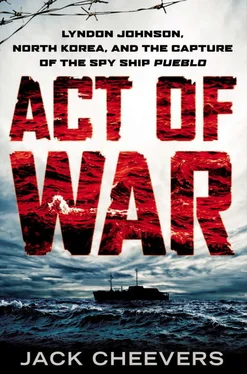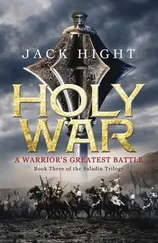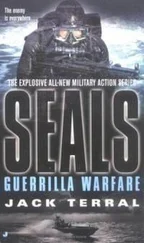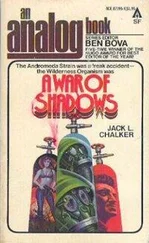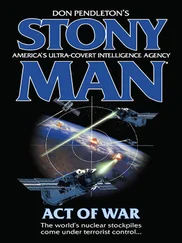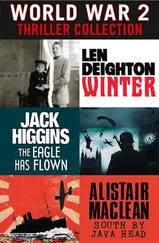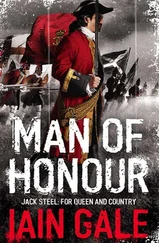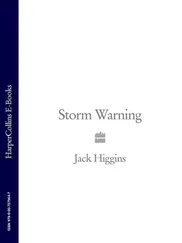Jack Cheevers
ACT OF WAR
Lyndon Johnson, North Korea, and the Capture of the Spy Ship Pueblo
For my mother and father
Regina A. Cheevers
1927–1957
John S. Cheevers
1918–2003
and for my grandmother
Mary A. Cheevers
1893–1972
You can’t understand command till you’ve had it. It’s the loneliest, most oppressive job in the whole world. It’s a nightmare, unless you’re an ox. You’re forever teetering along a tiny path of correct decisions and good luck that meanders through an infinite gloom of possible mistakes. At any moment you can commit a hundred manslaughters.
—
The Caine Mutiny by Herman Wouk
It requires more courage to suffer than to die.
—Napoleon Bonaparte
I came across the Pueblo story one Saturday morning while scrounging for something to read at my neighborhood coffeehouse in Venice, California. The place sold used books along with the java, and for a dollar I bought a well-thumbed copy of a 1970 memoir by the Pueblo ’s captain, Lloyd M. Bucher. I took it home, thinking I’d read a chapter or two before getting into my weekend routine. Instead, I spent the rest of that day and all of the next utterly engrossed in Bucher: My Story .
Later I called the long-retired skipper at his home in Poway, California, and asked whether I could interview him. He consented and over the next few years we met a half dozen times, talking for up to eight hours at a stretch. At the end of these sessions I often took Bucher and his wife out to dinner, where he continued to regale me with vivid anecdotes about his rough childhood, Navy career, and Pueblo experiences.
I conducted multiple in-depth interviews with six other former crewmen whom I wanted to highlight in this narrative. Some of the most enjoyable talks were with Charlie Law, the bass-voiced former quartermaster who’d lost all but his peripheral vision as a result of malnutrition in North Korean prisons. I met him several times for breakfast on a hotel patio overlooking San Diego’s sparkling Mission Bay. In spite of his badly damaged eyesight, Law never failed to spot a pretty woman passing by on her way to the beach.
In all, I interviewed more than 50 people, including onetime members of President Johnson’s administration; the Air Force general who tried desperately to rescue the spy ship when it came under attack; and the lawyer who led the Navy’s controversial public inquiry into the Pueblo disaster. With the help of the indispensable Freedom of Information Act, I obtained more than 11,000 pages of once-secret Central Intelligence Agency reports, military messages, transcripts of closed-door Navy hearings, and summaries of State Department negotiations with North Korea.
Through a little-known procedure called mandatory declassification review, I got hold of a CIA psychological profile of Bucher as well as National Security Agency studies of how severely the loss of the Pueblo and its large trove of classified materials compromised national security. (The NSA doesn’t let such information out of its grasp easily; these secret “damage assessments” took more than seven years to acquire.) I also have drawn on archival material from the United States, South Korea, the former Soviet Union, and Eastern Europe.
One important question I haven’t been able to answer is exactly what motivated North Korea to seize the Pueblo. Bucher believed that the communists mistook his vessel for a South Korean ship. But declassified transcripts of National Security Agency radio intercepts show that Pyongyang’s gunboat commanders knew the spy craft was American before they opened fire on it. My speculation is that North Korean dictator Kim Il Sung simply couldn’t resist the opportunity to harass and humiliate the United States, while simultaneously diverting its attention and military resources from the Vietnam War. Kim had long urged other socialist nations to do anything they could to injure his capitalist archenemy and, to back up his words, had sent a handful of his pilots to fly combat jets for North Vietnam. I wrote to Kim Il Sung’s son, Kim Jong Il, requesting an interview, and North Korean officials at first showed some interest in granting it, but then apparently changed their minds.
Any book is, of course, the child of its author, but this one was born and raised with the help of many people. In particular I’d like to thank Doris M. Lama, a Freedom of Information officer for the Navy who steered me to a large batch of Pueblo records early in my research; Stuart Culy, who provided box upon box of key documents from the National Archives in College Park, Maryland; and William J. Bosanko, director of the Information Security Oversight Office in Washington, D.C., who worked diligently over several years to help declassify revealing documents from the CIA and the National Security Agency. My researcher in South Korea, Hyunjung Lee, dug up useful material from the South Korean foreign ministry archives and South Korean newspapers. Senior archivist Rebecca Greenwell and others at the Lyndon Baines Johnson Library in Austin, Texas, assisted me in declassifying scores of documents that had been locked in the library’s files, unavailable to the public, for years.
Former Pueblo crewmen Jim Kell, Peter Langenberg, Tom Massie, and Skip Schumacher were unstintingly generous with their time and memories, as was Harry Iredale, a civilian oceanographer aboard the spy ship. E. Miles Harvey and Captain William R. Newsome, U.S. Navy, retired, gave me many details and much insight into the Navy court of inquiry that investigated the Pueblo fiasco. Lieutenant Commander Allen Hemphill, U.S. Navy, retired, helped me understand the risks and excitement of being a Navy submariner in the 1950s and 1960s. My editor at New American Library, Brent Howard, is nothing short of amazing. (My gratitude also to my previous editor, Stephen Power, who helped make the manuscript tighter and more focused when it was at John Wiley & Sons.) My agent, Mel Berger, of William Morris Endeavor, provided wise and timely counsel throughout long years of research and writing. And William D. Cohill, of Orrtanna, Pennsylvania, reminded me of the power and grace of an unexpected kindness.
I’m deeply indebted to the fine work of several journalists who preceded me on the Pueblo story, especially Trevor Armbrister, of the Saturday Evening Post ; Bernard Weinraub, of The New York Times ; George C. Wilson, of the Washington Post ; and Ed Brandt, of the Virginian-Pilot . As my footnotes testify, I borrowed shamelessly from Armbrister’s superb 1970 book, A Matter of Accountability , about the U.S. military’s failure to rescue the Pueblo . Professor Mitchell Lerner of Ohio State University, author of the well-researched and insightful The Pueblo Incident: A Spy Ship and the Failure of American Foreign Policy , gladly and generously shared source material. My dear friends and former Los Angeles Times colleagues Rick Barrs and Leslie Berger read an early draft of the book and gave invaluable critiques. My old friend Bob McAuliffe, professor of economics at Babson College in Wellesley, Massachusetts, also reviewed the manuscript with a discerning eye. Miles Corwin, another ex- Times cohort and a writer whom I’ve long admired, offered something every would-be author craves: early encouragement.
Читать дальше
